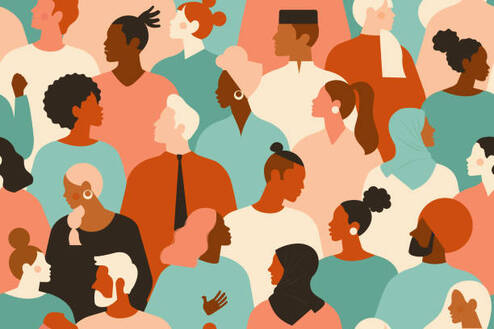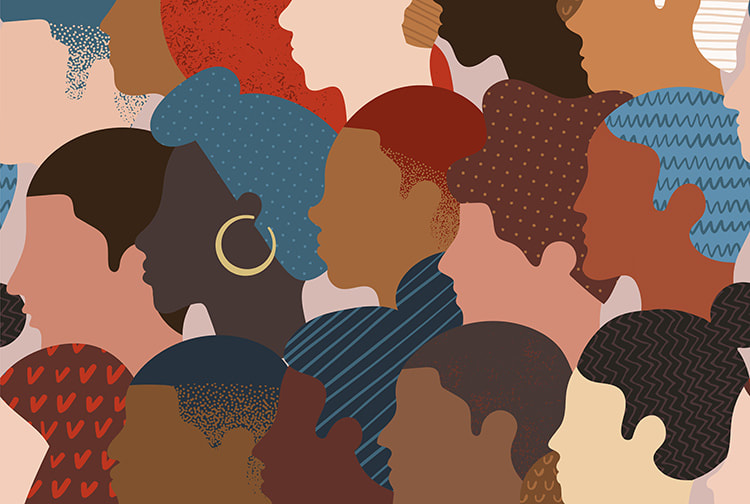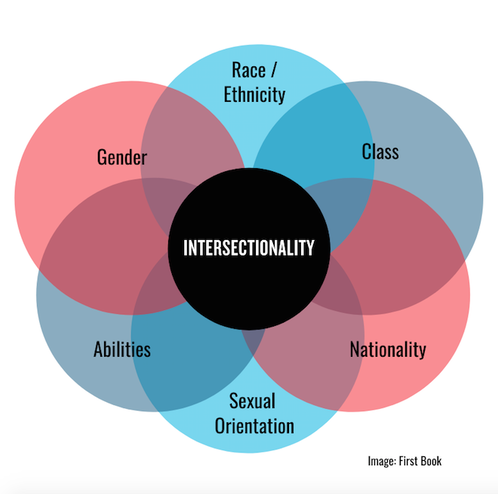If in need of immediate assistance please call 911 or the UHS Crisis Line (608-265-5600, Option 9).
RESOURCES

NAMI Dane County BIPOC Mental Health Resources (link to PDF)
Inclusive Therapists
AAKOMA Project
Loveland Foundation
BEAM Collective
Black Mental Health Resources (The Mental Health Coalition)
51 Addiction & Self-Care Resources for Black Women
50 Addiction & Mental Health for Black Men
National Alliance for Hispanic Health
Suicide Prevention Amongst Hispanics and Latinos
Therapy for Latinx
32 Addiction & Mental Health Resources for Latinx College Students
Asian Mental Health Collective
South Asian Mental Health Alliance
The National Asian American Pacific Islander Mental Health Association
Asian Mental Health Project
28 Addiction & Mental Health Resources for Asian American College Students
Asian American Racism & Mental Health Resources
Center for Native American Youth
American Indian and Alaska Native (AI/AN) National Suicide Prevention Strategic Plan
We R Native
Zero Suicide in Indian Country
- Contains 100+ BIPOC mental health resources
- Latinx
- Multiracial
- Black women
- "Survivors of Color"
- International students
Inclusive Therapists
AAKOMA Project
Loveland Foundation
BEAM Collective
Black Mental Health Resources (The Mental Health Coalition)
51 Addiction & Self-Care Resources for Black Women
50 Addiction & Mental Health for Black Men
National Alliance for Hispanic Health
Suicide Prevention Amongst Hispanics and Latinos
Therapy for Latinx
32 Addiction & Mental Health Resources for Latinx College Students
Asian Mental Health Collective
South Asian Mental Health Alliance
The National Asian American Pacific Islander Mental Health Association
Asian Mental Health Project
28 Addiction & Mental Health Resources for Asian American College Students
Asian American Racism & Mental Health Resources
Center for Native American Youth
American Indian and Alaska Native (AI/AN) National Suicide Prevention Strategic Plan
We R Native
Zero Suicide in Indian Country
INTERSECTIONALITY & MENTAL HEALTHIntersectionality encompasses the idea that we have more than one identity with a combination of various identity markers such as gender, race, religion, sexuality, etc. These identity markers intersect with one another and shape our experience. Intersectionality pertains to mental health because our mental health oftentimes does not exist separately from identity markers which also may accompany unique life stressors. Our mental health can be impacted by gender, sexuality, age, religion, ethnicity, race, etc.
When having conversations about mental health, including a wide range of narratives on inequality, discrimination, erasure, and violence that marginalized individuals experience are important because they impact mental health outcomes. This interaction of exposure to multiple forms of discrimination may lead to some groups experiencing a synergistic effect of discrimination that is stronger than the effect of experiencing discrimination based on one identity. However, it is also important to understand that our individual identities are not the issue, the problem lies within power systems that cause discrimination and oppression. These power systems can impact mental health outcomes which indicate the importance of having community efforts which fight power systems and advocate for more equitable systems! Learn more (NAMI Dane County) |
DISCRIMINATION & HEALTH DISPARITIESRacial/ethnic minorities with serious mental illness (SMI) experience significant mental health disparities reflected in diagnostic biases, reduced quality of services, poorer illness outcomes, and lower levels of treatment engagement and adherence. In addition, several sociocultural variables have been identified such as, stigma, mistrust in the behavioral health system, familial support, religiosity/spirituality, and cultural beliefs, which contribute to treatment engagement and adherence (Maura & Mamani, 2017). Furthermore, research has shown that individuals from marginalized racial and ethnic groups are more likely to experience poor mental health outcomes, including higher rates of depression, anxiety, post-traumatic stress disorder (PTSD), and suicide (American Psychiatric Association).
Overall, It is important to acknowledge health disparities amongst racial and ethnic minorities because these disparities are a significant public health issue. Acknowledging health disparities is a critical step towards promoting health equity. Health equity means that everyone has an equal opportunity to achieve good health regardless of their race, ethnicity, socioeconomic status, or other factors. By acknowledging and addressing health disparities, we can work towards creating a more equitable healthcare system. Also, health disparities are often the result of systemic inequalities and discrimination. By acknowledging and addressing these disparities, we can work towards promoting social justice and reducing inequities in society more broadly. |
General Resources
Suicide Prevention Lifeline 988 or 1-800-273-8255
Crisis Textline 741741
American Foundation for Suicide Prevention
SAVE
Trevor Project
UHS 24 hour Crisis Line
Resources for Loss Survivors
Help After Suicide
Suicide Prevention Lifeline 988 or 1-800-273-8255
Crisis Textline 741741
American Foundation for Suicide Prevention
SAVE
Trevor Project
UHS 24 hour Crisis Line
Resources for Loss Survivors
Help After Suicide
If you have any additional resources or information you'd like us to add to this page, please email us at [email protected]!

